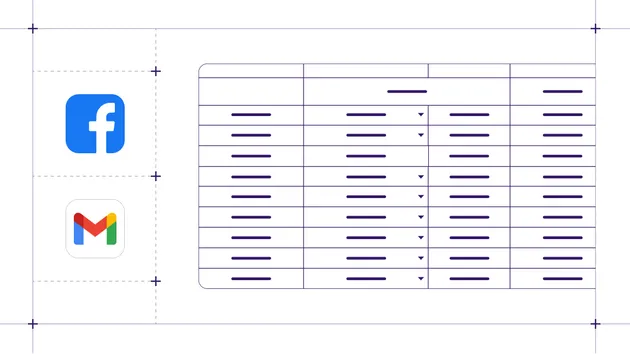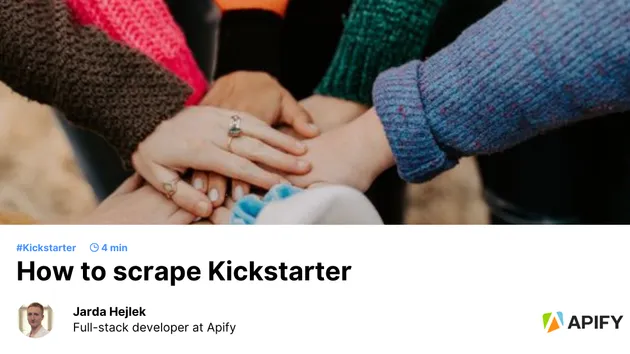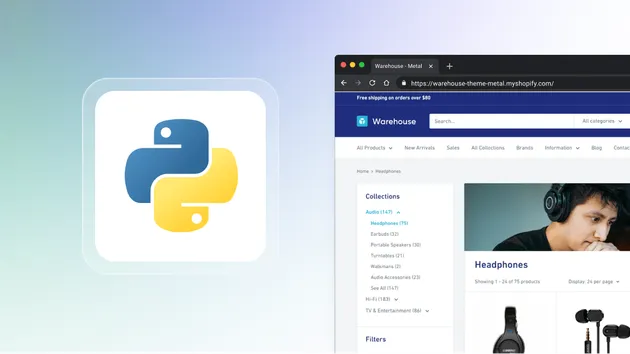Instructables Scraper
Pricing
$15.00/month + usage
Instructables Scraper
Retrieve all the information right away from Instructables. Get all the project and user detailed information without any limits or restrictions. Titles, descriptions, images, comments, steps, and detailed instructions about the projects are ready in a structural way. Easy usage, super fast!





